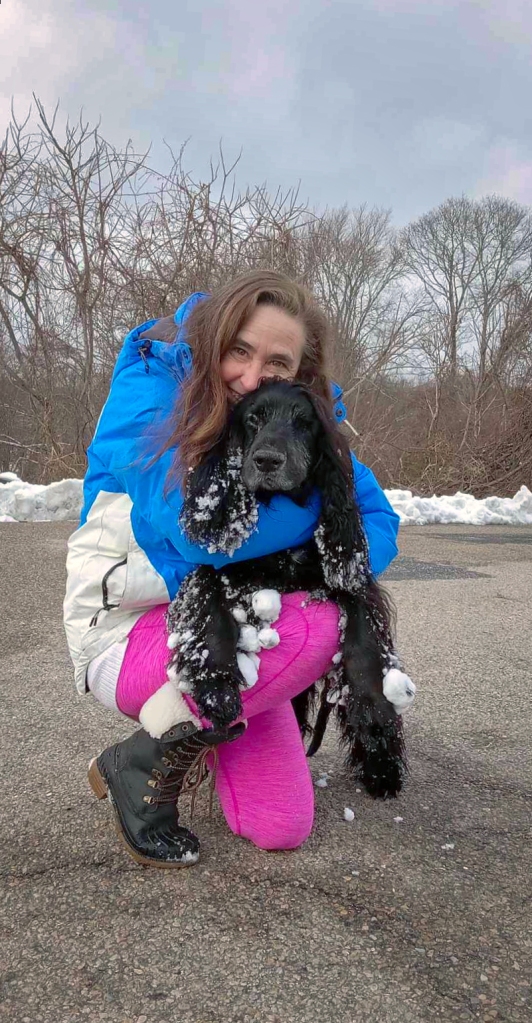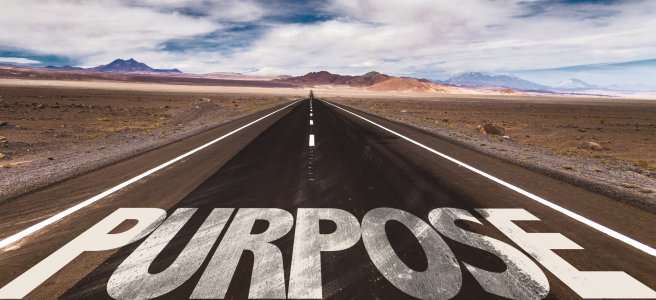Yesterday was my 27th Father’s Day; however, it was different from any other because it was also my first as stepdad. It was also the seventh without my father.
Every job a man takes has its challenges, victories, and defeats; however, none are as humbling, daunting, or rewarding as being a dad. I can, through observation, not experience, assume the same holds for women.
“It probably takes many years of monastic practice to equal the spiritual growth generated by one sleepless night with a sick child.” ― Douglas Abrams.
I have always held that it is better to parent a child rather than be their best friend because, in the end, it is the adult they become that I want to befriend.
We cannot always build the future for our youth, but we can build our youth for the future.” ― Franklin D. Roosevelt.
Someone once said to be a father is to fail every day. I’m not sure I entirely agree, although there is nothing as humbling as seeing your failures play out against the vision you had of being a parent or witnessing the heartbreak in your child’s eyes.
“It is the most miserable thing to feel ashamed at home.” ― Charles Dickens.
Paul Anka may have written (and Sinatra crooned) “Regrets, I’ve had a few. But then again, too few to mention.” But I’ll bet everything I own he was not talking about being a father because I have memories/failures/regrets I’ll take to the grave with me that I wish I could erase. Regrets and shame I carry like Marley’s shackles.
I am wounded. I am marked by old codes, which shielded me in one world and then chained me in the next.” ― Ta-Nehisi Coates.
Fatherhood is more than parenting; it is an obligation to become the person your children need you to be. And while there are regrets (and there may be daily failures), every father is required to get up the next day and try again to be the best he can be.
“I’m very at ease, and I like it. I never thought I would be such a family-oriented guy; I didn’t think that was part of my makeup. But somebody said that as you get older, you become the person you always should have been, and I feel that’s happening to me. I’m rather surprised at who I am, because I’m actually like my dad!” ― David Bowie.
I believe each successive generation takes the parenting process adopted by their parents and tweaks it a bit where perceived injustices existed. Too often, the course correction is understated or overstated, resulting in a perpetual pendulum of adjustments, none of us ever achieving the centerline of success. We judge from afar the parenting of people we see in restaurants or malls, oblivious that the most potent spotlight we wield points inward. However, as children, at least initially, whatever homelife we experience is our “normal,” regardless of how extreme.
Oscar Wilde wrote in The Picture of Dorian Gray, “Children begin by loving their parents; as they grow older, they judge them; sometimes they forgive them.” We tend to think our parents had the parenting manual denied us. We forget that they were experiencing parenthood at the exact time we were experiencing childhood. There was no dress rehearsal, no second take.
We never get over our fathers, and we’re not required to. (Irish Proverb)” ― Martin Sheen
There are inevitable disagreements and fissures. And while we can not bequeath our experiences to our children, neither can we be expected to endure repression of our growth from our parents. We must be allowed, as is natural, to fly from the nest. As a parent, then, it is our job to comfort the adult child when they fall and inflame their passion to slam into the next wall in pursuit of their dreams.
“Family likeness has often a deep sadness in it. Nature, that great tragic dramatist, knits us together by bone and muscle, and divides us by the subtler web of our brains; blends yearning and repulsion; and ties us by our heart-strings to the beings that jar us at every movement.” ― George Eliot.
This Father’s Day was different for several reasons. My son is now living in Texas, my daughter in Connecticut. My stepdaughters are at home with my wife and me. I spoke with my son via telephone late in the day and, while I missed being with him, as always, I enjoyed the witty conversation. After a year of social distancing, I was able to hug my vaccinated daughter when she joined us for dinner. After such a long time, it felt as if I appreciated a future I’ll never see, and at the same time, it felt like an embrace of generations past. My older stepdaughter gave me an engraved, metal guitar pick that read, “I couldn’t pick a better stepdad.” As the sentimental one in the family, it took everything in me not to break down. My youngest stepdaughter painted me a Father’s Day card with all the attention to detail and love an eleven-year-old can generate. I raised (in no way alone or even as a 50% contributor) two grown children. To become a stepdad now allows me to do the finetuning and course corrections usually reserved for generational levels. Will I make the same mistakes, will I overcorrect? I can only promise to try my best, to enjoy each day, and hope I can have some modicum of effect on the adults my new daughters become.
I have no right to be this happy. To have two grown children (adults) with whom I want to befriend and two stepdaughters who fill our house with laughter is more than I ever expected at this point in my life. In many ways, I thought my wife’s death was the closing chapter of my life’s mile markers. But life had other plans for me, and when I remarried last December, I allowed my life to continue, allowed myself to be happy again, and it allowed me a chance to see life’s mile markers get posted by all of my children. I don’t have all the answers. Hell, I don’t even know all of the questions. All I can promise all of my children is that I will try; try to understand, try to grow, try to forgive, always to love.
And a special shout out to every single mother working to be both mother and father. That’s a strength I can acknowledge but never know.
Happy Father’s Day!














